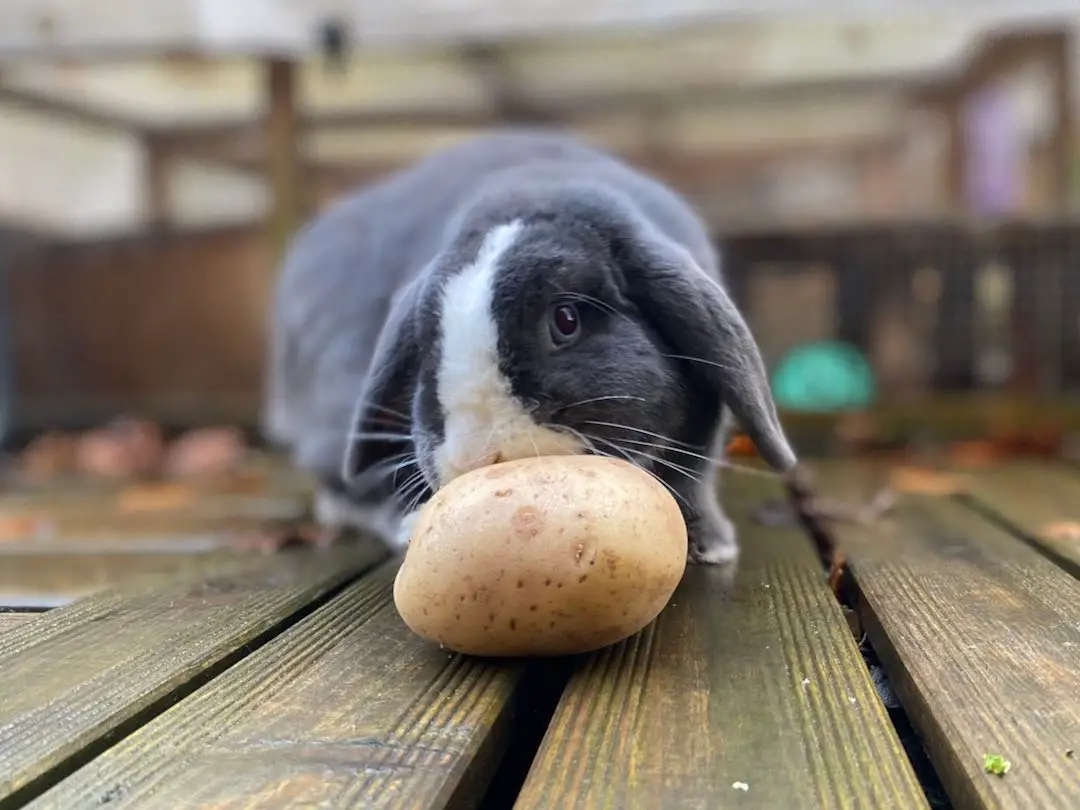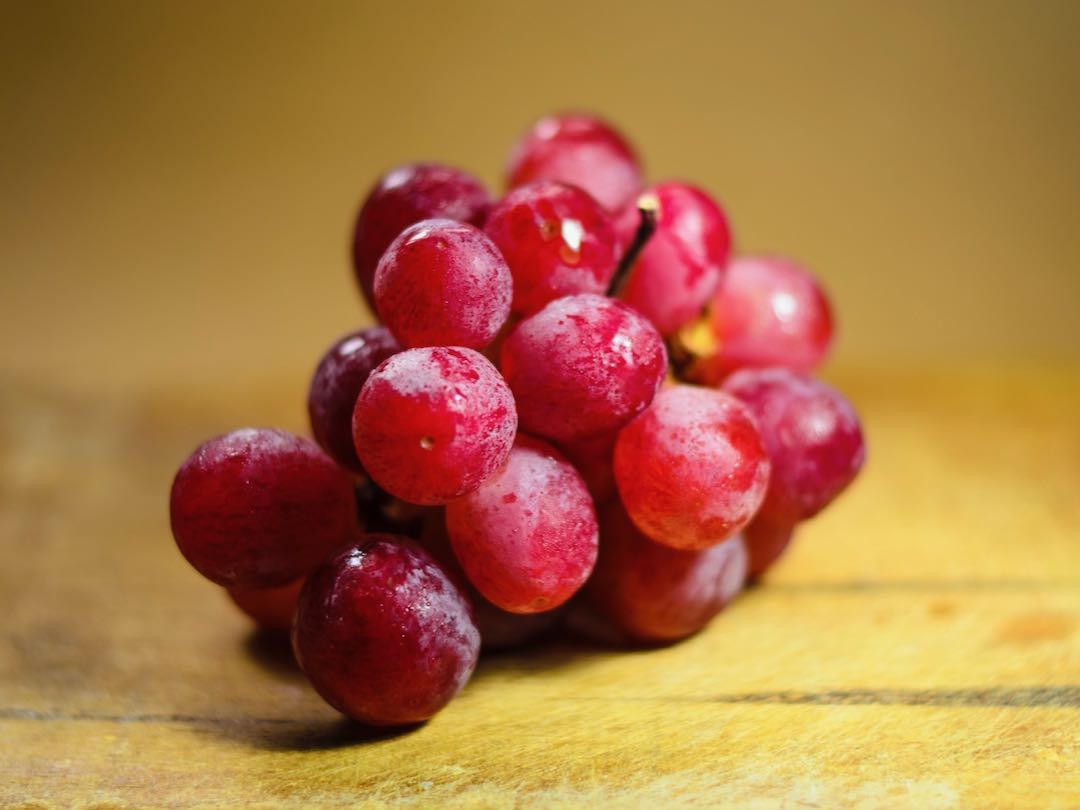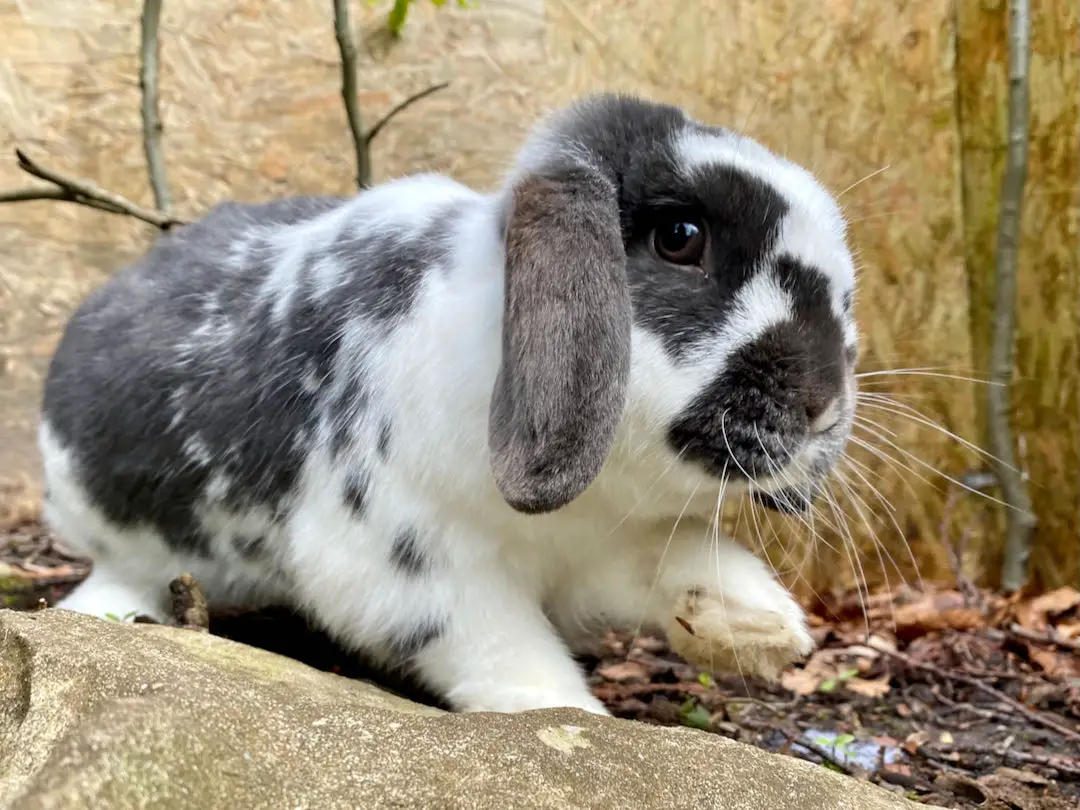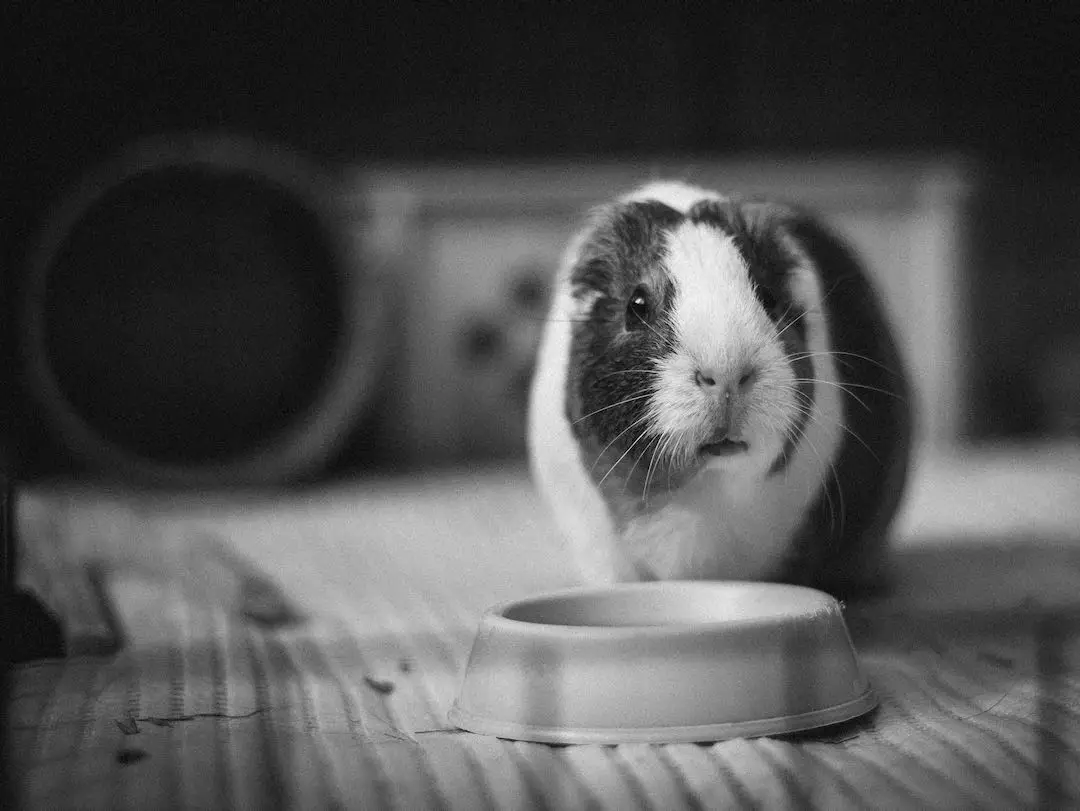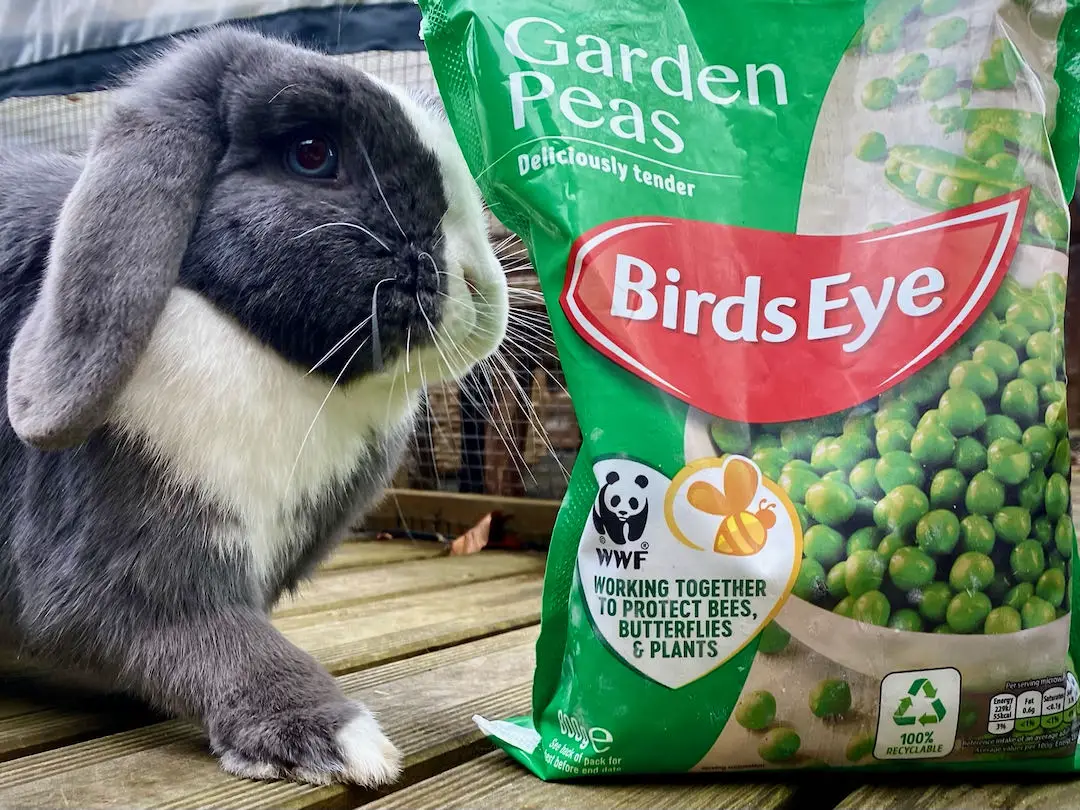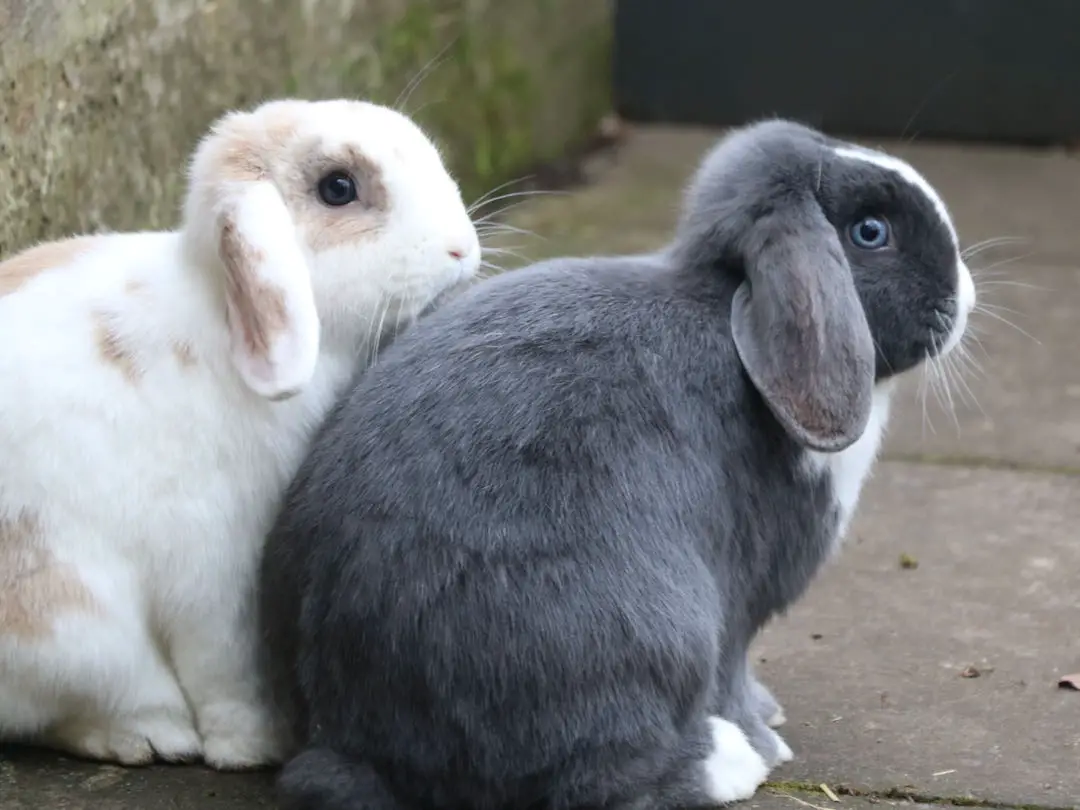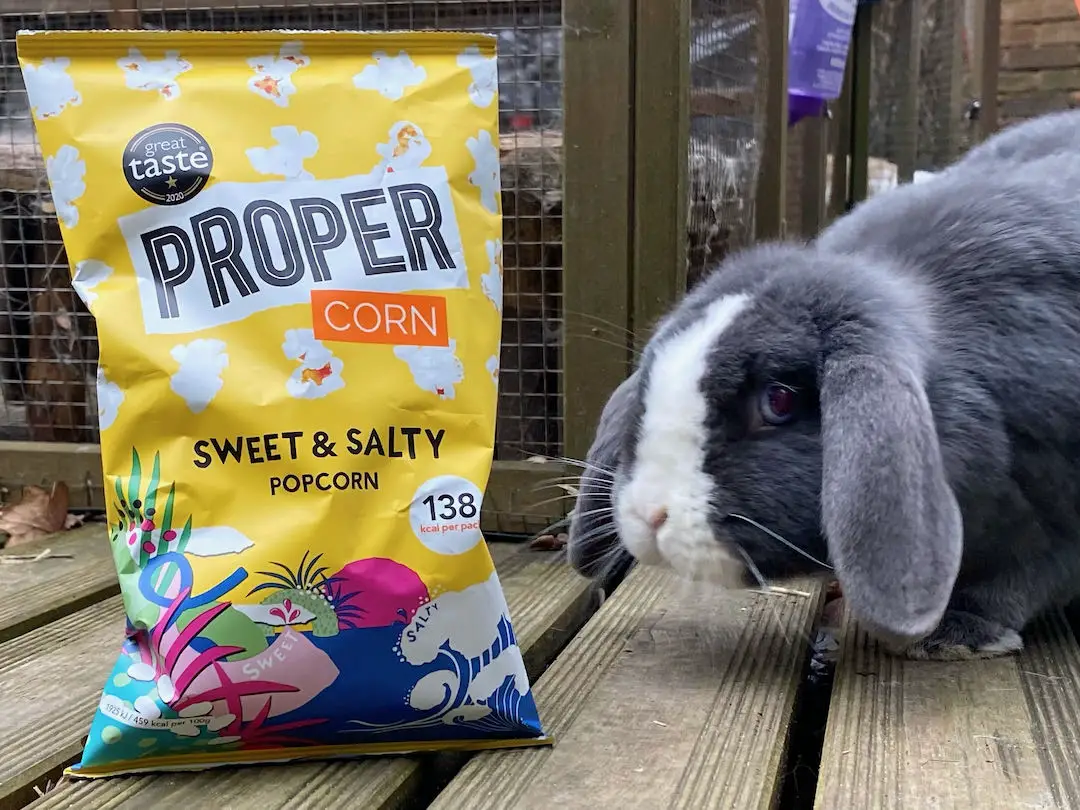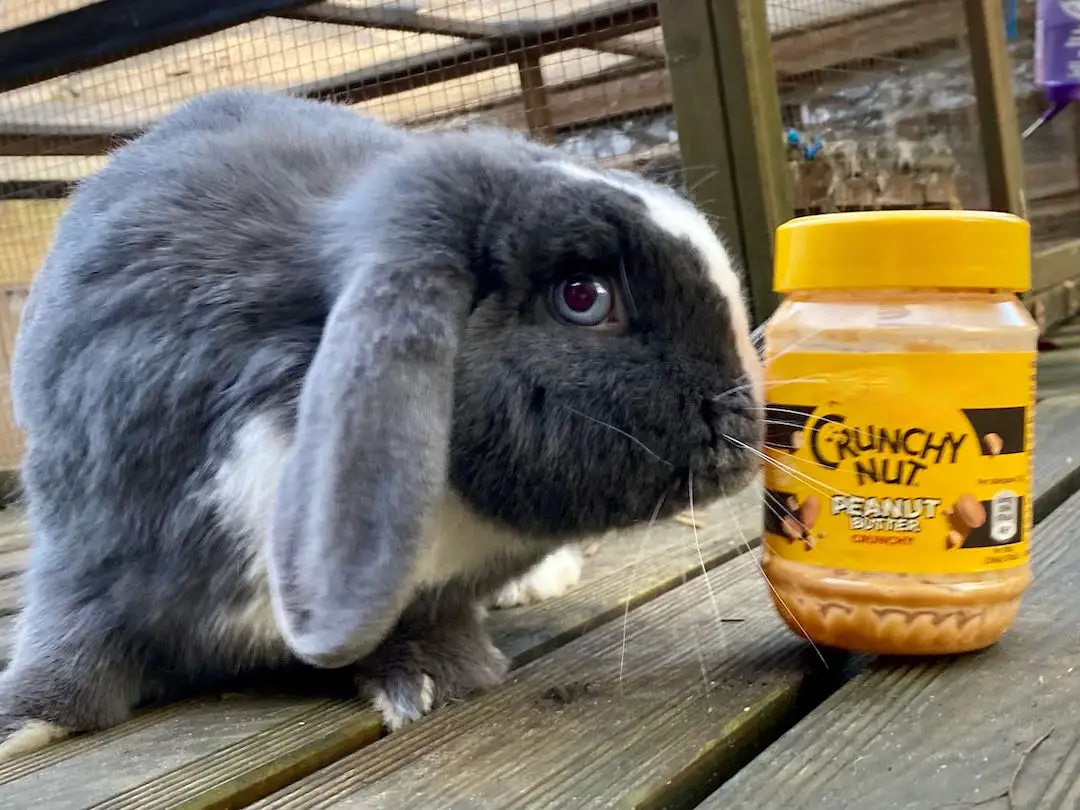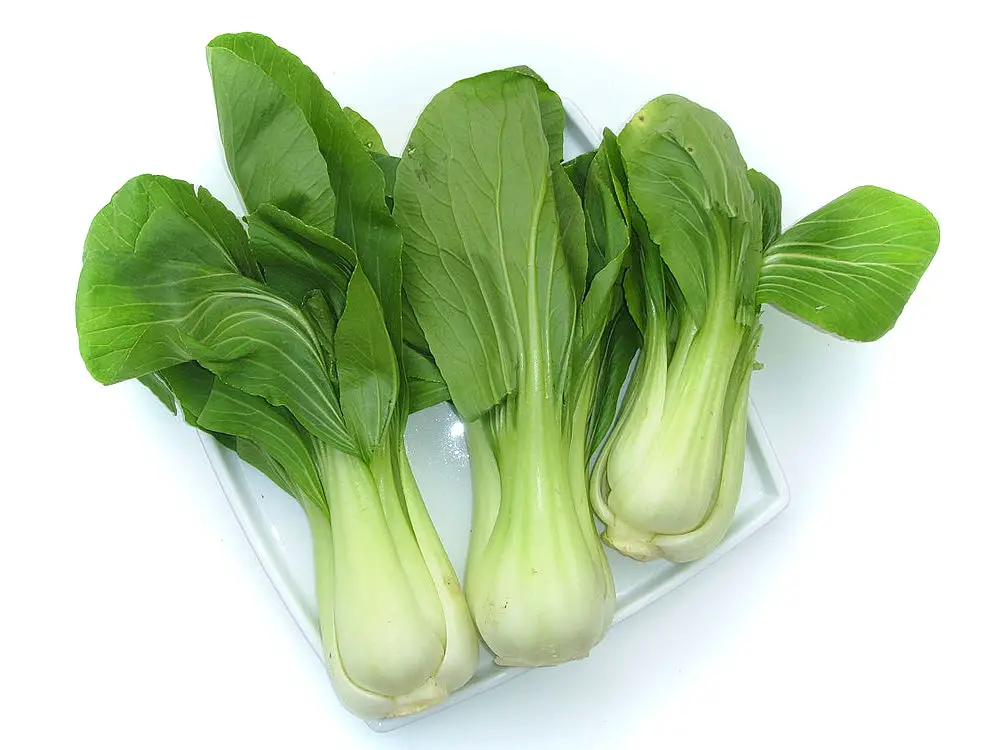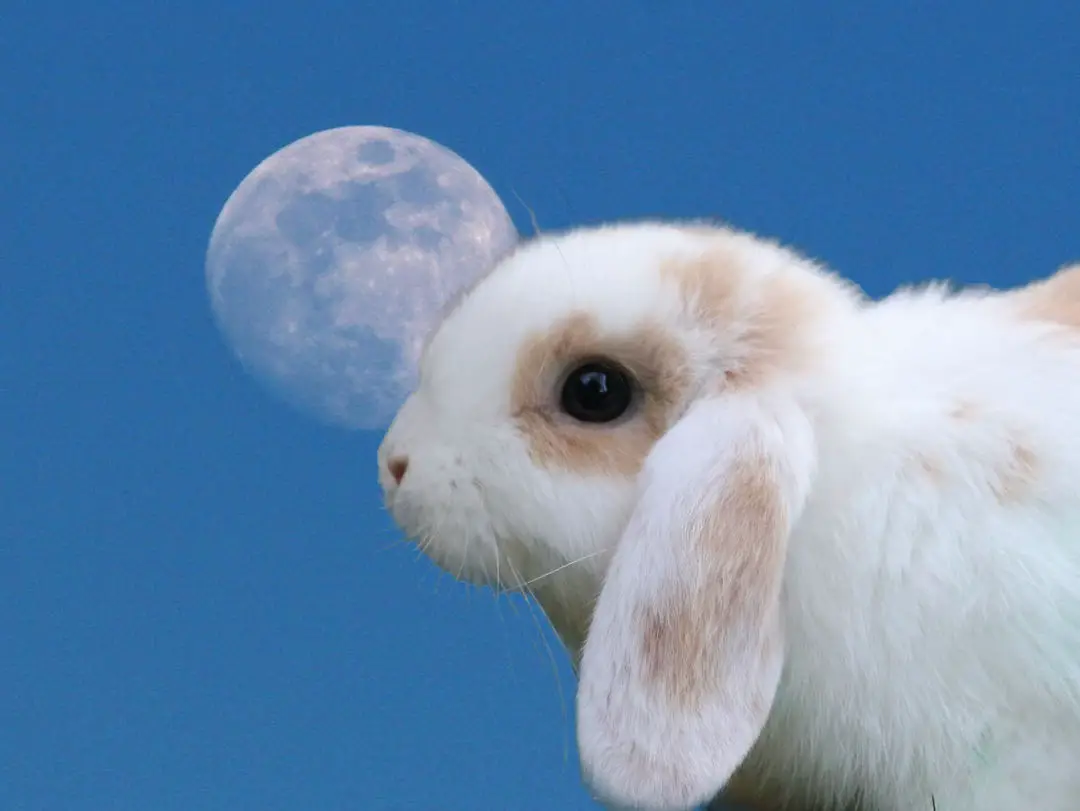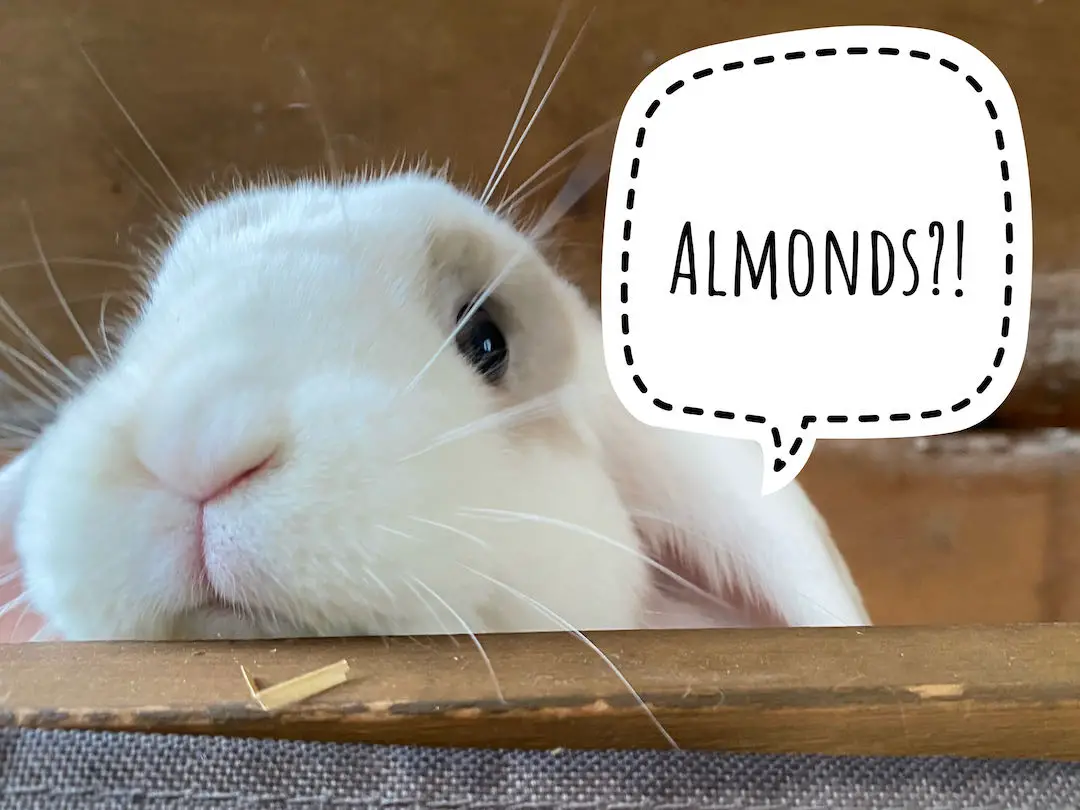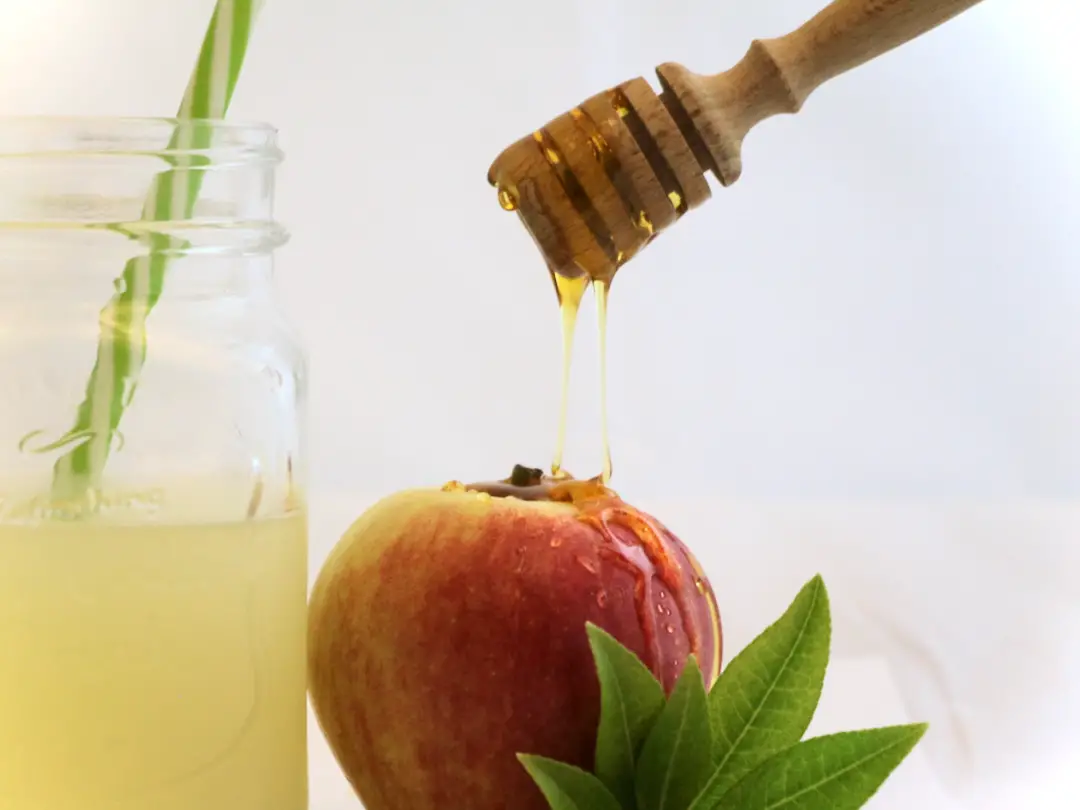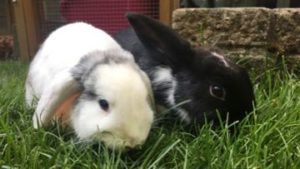If you’re like me, you love potatoes – fried, roast, as crisps (chips if you’re American), as chips (fries if you’re American), baked… I could go on. But do your pet rabbits appreciate potatoes as much as you do? Can you give them left-overs, or peelings, or older potatoes that are developing eyes? Or is it best to keep your bunnies from potatoes, and put any unwanted spuds in the compost? Find all the answers you need below.
Are potatoes safe for rabbits to eat?
Potatoes are not toxic (poisonous) for rabbits. However, rabbits should not eat potatoes because they are not good for bunnies. Rabbits need a diet full of fibre, mainly based on hay. Potatoes are full of starch and carbohydrates, at a much higher level than rabbits need. If a bunny eats too much potato, it could lead to serious intestinal problems including GI stasis, which can be fatal in rabbits.
Why are potatoes bad for rabbits?
Check out the nutritional information on potatoes compared with what rabbits actually need. Compared to hay (the best food for rabbits), potatoes are high in carbohydrates (mainly starch) and low in fibre. While humans can use carbohydrates in their diet, rabbits can struggle. Too much carbohydrate in their diet leads to it breaking down to sugars in their intestines.
In turn, these provide food for bad bacteria in the rabbit’s gut. This can lead to painful gases and constipation. In humans, this might be inconvenient, but in rabbits it is extremely serious. It can lead to GI stasis, which is potentially fatal for rabbits.
| Ingredient | Potato (raw) per 100g | Rabbit daily nutritional requirements per 100g of feed | Comments |
|---|---|---|---|
| Water | 79.2 g | ||
| Energy | 77 kcal | ||
| Protein | 2.05 g | 12-17 g | Potatoes are low in protein compared to what rabbits need. |
| Fat | 0.09 g | 2.5-5 g | Potatoes, as you would expect, are low in fat, which is good as bunnies thrive on a low fat diet. |
| Fibre | 2.1 g | 14-25 g | Rabbits need a lot of fibre in their diets to keep food moving through their digestive system. Without fibre, it all blocks up and creates problems. Potatoes don’t provide enough fibre for rabbits. Rabbits need hay, which is high in fibre. |
| Carbohydrates | 17.5 g | < 20 g | Rabbits need a relatively low carbohydrate diet. Potatoes are high in carbohydrates. Too much can play havoc with the delicate digestive system of rabbits, allowing bad bacteria to build up and painful gases causing GI stasis. |
| Calcium | 12 mg | 500 mg | Rabbits need a low calcium diet, as they are prone to developing extremely painful kidney stones. Potatoes are low in calcium, so are fine. |
| Iron | 0.81 mg | 30-400 mg | Potatoes don’t provide the iron that rabbits need in their diets. |
| Magnesium | 23 mg | 30-300mg | Potatoes provide some magnesium for rabbits. |
| Phosphorus | 57 mg | 400 mg | Potatoes provide little of the phosphorus needed by rabbits. |
| Potassium | 425 mg | 6,000 mg | Potatoes can contribute a little to the potassium that rabbits need each day. |
| Vitamin A | None | 1,000-1,200 IU | Potatoes provide none of the vitamin A which rabbits need. |
| Vitamin C | 19.7 mg | None | Rabbits don’t need vitamin C (their bodies make vitamin C). |
| Vitamin D | None | 80-100 IU | Potatoes provide none of the vitamin D that rabbits need. |
| Zinc | 0.3 mg | 5-15 mg | Potatoes don’t provide enough zinc. |
| Copper | 0.11 mg | 0.5-2 mg | Potatoes provide a little of the copper that bunnies need. |
Why do rabbits like potatoes if potatoes are bad for bunnies?
Maybe you have already given your rabbits little pieces of potato, and noticed that they seemed to like it. Or maybe they pounced on some potatoes that fell to the floor from a plate, and wolfed them down. If potatoes are not good for rabbits, how come they eat them so enthusiastically?
Rabbits will eat potatoes because, in the wild, they would have to make sure they have enough food to live. This means that rabbits will eat energy and nutrient rich foods, including potatoes. (This is why rabbits also like fruit). It is a trade-off between choosing the best possible diet (grass and vegetation) and making sure they have enough food to survive.
But your bunny is not in the same situation. You are already giving them the best diet (hay and fresh water). So if your bunny starts eating potatoes, they are moving from the best diet to one with potential dangers. Your bunny doesn’t always know what is best for them.
Can rabbits eat cooked potatoes?
Cooked potatoes, like raw potatoes, are not suitable food for rabbits. The nutritional contents of potatoes do not change that much whether cooked or raw. Cooking breaks down cell walls inside the potato, meaning that it is squishier, but it is still full of starch. So everything that is true of raw potatoes not being ideal for rabbits is also true of cooked potatoes, however you are cooking them.
Can rabbits eat crisps (chips)?
No. If raw potatoes are not good for rabbits, thinly slicing them, covering them in oil and cooking them doesn’t make them any better. Don’t give crisps (chips) to your bunny.
Can rabbits eat potato peelings?
Potato peelings are marginally better for rabbits than the flesh, as the peel is higher in fibre. However, peelings are still full of carbohydrates, and are not suitable as a food for rabbits. Additionally, potentially harmful alkaloids such as solanine are concentrated in the skin of potatoes, so increasing the risk of poisioning.
Can rabbits eat potato leaves?
Rabbits cannot eat any part of potato plants, including the stem or leaves. If you are growing potatoes, make sure that your rabbits cannot access the plants.
Potatoes are part of the nightshade family. This means that they can contain high levels of alkaloids, including one called solanine. This chemical helps the plant fight fungal attacks. However, solanine is also poisonous to rabbits (and other animals and insects – another benefit for the plant).
Too much solanine is fatal for rabbits. Symptoms of solanine poisoning include:
- nausea
- diarrhoea
- vomiting
- stomach cramps
- heart arrhythmia
- dizziness
- paralysis
In short, make sure your rabbit cannot eat any potato plants.
Can rabbits eat older potatoes that are green and sprouting?
Older green potatoes that are sprouting are toxic to rabbits, and should be completely avoided.
When potatoes begin to go green and sprout, they increase production of solanine. This is extremely toxic (green potatoes are also dangerous to humans because of this). Make sure your rabbit is not given any older, green potatoes or the peelings from green potatoes.
Can rabbits eat sweet potatoes?
Rabbits should not be give sweet potatoes as part of their diet. Although technically a different type of plant, sweet potatoes are high in starch and carbohydrates like regular potatoes, and so are not suitable for bunnies.
Help! My rabbit ate some potato – what should I do?
If your rabbit eats a small amount of potato, they are probably going to be just fine. It is like you or me eating an unhealthy snack – it isn’t any good for us, and we shouldn’t eat it all the time, but a one-off isn’t going to do any harm.
If your rabbit eats a larger amount, or you are worried, make sure you observe your rabbit’s behaviour over the next 12-24 hours to make sure that they are behaving normally, eating and drinking as usual, and pooing as normal.
If you have any concerns, always consult a vet.
What should I feed my rabbit?
The best diet for adult rabbits is plenty of hay (preferably timothy hay) and water. Hay should be the main item your bunny eats. You can add in an eggcup sized portion of rabbit nuggets, and a handful of herbs or fresh green vegetables. If you want to give your bunny a little treat, try a small portion of fruit rather than potato.
Find out more about rabbit nutrition here.

